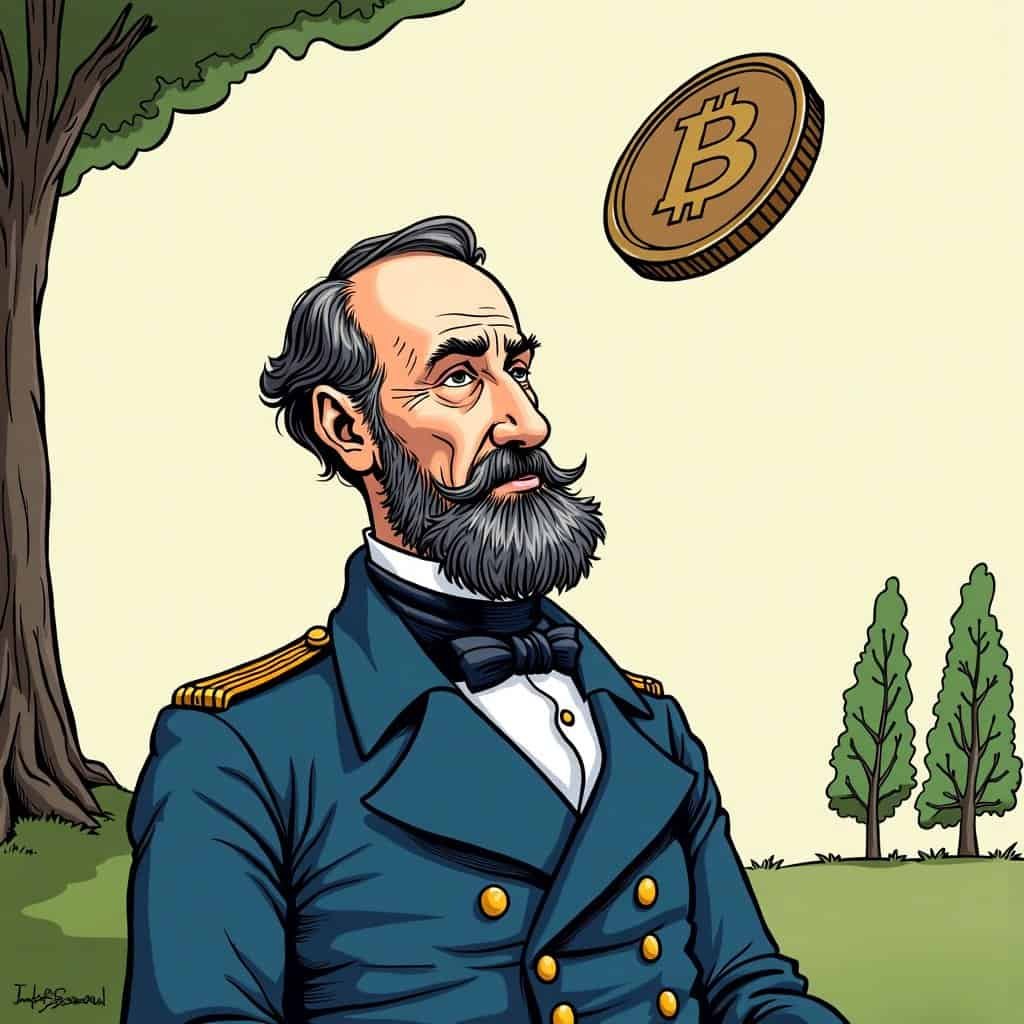This subject delves into examining past events connected to conflicts and possible disagreements, so it’s still in the draft stage. Historians approach these sensitive topics with care, aiming to provide balanced perspectives on complex issues. While the research is ongoing, scholars continue to uncover new insights that shed light on the intricate web of factors influencing historical outcomes.
Historical Context
When studying historical conflicts, it’s crucial to consider the broader context in which they occurred. Factors such as economic conditions, political ideologies, and social dynamics all play significant roles in shaping the course of events. By examining these various elements, we can gain a more comprehensive understanding of the forces at work during tumultuous periods in history.
Factors Influencing Conflict
| Factor | Description |
|---|---|
| Economic Conditions | Resource scarcity, trade disputes, economic inequality |
| Political Ideologies | Competing systems of governance, power struggles |
| Social Dynamics | Cultural differences, religious tensions, nationalism |
| Technological Advancements | Military innovations, communication breakthroughs |
Challenges in Analysis
Analyzing historical conflicts presents several challenges for researchers:
- Limited or biased primary sources
- Conflicting accounts of events
- Cultural and linguistic barriers
- The passage of time obscuring details
Despite these obstacles, historians continue to develop new methods and tools to uncover the truth behind past events. By cross-referencing multiple sources and employing interdisciplinary approaches, researchers can piece together a more accurate picture of historical conflicts.
Importance of Objectivity
When examining contentious historical topics, maintaining objectivity is paramount. Researchers must set aside personal biases and approach their subjects with an open mind. This commitment to impartiality allows for a more thorough and balanced analysis of complex issues, ultimately leading to a deeper understanding of historical events and their long-lasting impacts.
Future Research
As scholars continue to explore these sensitive topics, new avenues for research may emerge. Advances in technology, such as improved methods for analyzing ancient artifacts or deciphering long-lost texts, could provide fresh insights into historical conflicts. Additionally, collaborative efforts between researchers from different disciplines may yield innovative approaches to studying the past.
Table of Contents
- Historical Context
- Factors Influencing Conflict
- Challenges in Analysis
- Importance of Objectivity
- Future Research






